Discover the shocking list of 30 American foods banned in other countries due to health and safety concerns. Food safety regulations vary significantly from one country to another, leading to various American food products being banned or restricted abroad.
Many popular American foods contain ingredients, additives or processing practices that are acceptable in the United States but considered unsafe or controversial elsewhere. Below, we will explore 30 American foods that are banned in other Countries, outlining the reasons for these prohibitions.
1. Mountain Dew
Banned in: Europe, Japan
Reason: Mountain Dew contains Brominated Vegetable Oil (BVO) which is associated with health risks like neurological damage and thyroid problems. BVO helps keep the citrus flavor evenly mixed in drinks. However, it is banned in the European Union and Japan due to concerns about bromine. Additionally, some parts of BVO are used in flame retardants which can lead to long-term health concerns such as problems with reproduction and development.
2. Skittles
Banned in: Norway, Austria
Reason: Skittles contain synthetic food dyes, specifically Yellow 5 (Tartrazine) and Yellow 6 (Sunset Yellow). Research has suggested a potential link between these dyes and behavioral issues in children such as hyperactivity. Furthermore, animal studies have associated these dyes with increased cancer risks. As a result, it is ban in some countries, particularly in Europe.
3. Farmed Salmon
Banned in: Australia, New Zealand
Reason:
Farmed salmon is often treated with canthaxanthin, an artificial pigment that gives the fish a pink or red color to make it look like wild salmon. However, there are health concerns associated with canthaxanthin including potential eye problems and cancer risks, lead it to ban in some countries. Additionally, farmed salmon may have other contaminants from the feed they eat.
4. Ritz Crackers
Banned in: Switzerland, Austria, Hungary
Reason: Ritz Crackers contain trans fats (partially hydrogenated oils) which are associated with an increased risk of heart disease, stroke and diabetes. Trans fats are banned in several countries due to their harmful effects on cardiovascular health and these bans aim to protect consumers from their widespread use in processed foods.
5. Little Debbie Swiss Rolls
Banned in: Norway, Austria
Reason: Little Debbie Swiss Rolls contain artificial food dyes such as Yellow 5, Yellow 6 and Red 40. These dyes are linked to health risks including hyperactivity in children and a potential increased risk of cancer. The European Union and other countries have restricted or banned these dyes due to these concerns.
6. Frosted Flakes
Banned in: France, Austria, Norway
Reason: BHT (Butylated Hydroxytoluene) is a preservative used in Frosted Flakes to prevent oxidation. While it is still permitted in the U.S., studies on animals have linked BHT to cancer. As a result, it has been banned in some parts of Europe because of potential health risks, particularly when consumed in large amounts.
7. Pop-Tarts
Banned in: European Union
Reason: Pop-Tarts contain artificial dyes like Yellow 5, Red 40 and the preservative BHT. These additives have been linked to health concerns such as hyperactivity in children and increased cancer risks. The European Union has banned or heavily restricted the use of these chemicals due to these potential health effects.
8. Bread Made with Potassium Bromate
Banned in: European Union, Canada, Brazil
Reason: Potassium bromate is a flour additive that strengthens dough and improves elasticity, allowing for higher rising during baking. However, potassium bromate has been classified as a potential human carcinogen, leading it to ban in several countries including the European Union, Canada and Brazil.
9. U.S. Beef
Banned in: European Union
Reason: The use of growth hormones in cattle production in the U.S. is controversial. The European Union has banned U.S. beef due to concerns over the potential risks of these hormones including an increased risk of cancer. These hormones are used to promote faster growth and increase meat production but they pose health risks to consumers.
10. Instant Mashed Potatoes
Banned in: European Union
Reason: Instant mashed potatoes contain BHA (Butylated Hydroxy-anisole) a synthetic antioxidant that helps preserve fats and oils in foods. However, BHA has been linked to cancer in animal studies. Due to these concerns, the European Union has banned its use.
11. Chlorine-Treated Chicken
Banned in: European Union
Reason: U.S. chicken is often treated with chlorine to eliminate harmful bacteria like salmonella. This practice has been banned in the European Union which considers it unsafe. The EU argues that relying on chemical washes like chlorine does not address the root of the contamination which can result from poor farming practices.
12. Gatorade
Banned in: European Union, Japan
Reason: Gatorade contains BVO (brominated vegetable oil) the same additive used in Mountain Dew. BVO is banned in the EU and Japan because of its association with neurological damage and other health risks, especially for its bromine content.
13. Stove Top Stuffing
Banned in: European Union
Reason: Stove Top Stuffing contains both BHT and BHA preservatives that are banned in Europe because of their potential link to cancer. These chemicals are used to prolong the shelf life of processed foods but their safety has been questioned in many countries.
14. Flame Retardant in Drinks
Banned in: Europe, Japan
Reason: Brominated vegetable oil (BVO) is used in some soft drinks in the U.S. to help keep the flavors mixed evenly. However, BVO contains bromine which is also found in flame retardants. This has raised health concerns, including potential links to brain damage. These reasons lead its to ban in Europe and Japan.
15. Chewing Gum with Titanium Dioxide
Banned in: European Union
Reason: Titanium dioxide is used in some chewing gums to make them look bright white. Studies have raised concerns that it might cause DNA damage and lead to cancer, especially in nanoparticle form. Because of this, the European Union has moved to ban it from food products.
16. Artificial Food Dyes
Banned in: European Union, Norway
Reason: Dyes like Red 40 and Yellow 5 are limited because studies link them to hyperactivity in children and possible cancer risks. The EU requires warning labels on foods with these dyes and some countries have banned them completely.
17. Froot Loops
Banned in: European Union, France
Reason: Froot Loops contain artificial colors and BHT (Butylated Hydroxytoluene) which are banned in some regions due to health concerns. Artificial colors have been linked to behavior problems in children and BHT is a preservative that may pose health risks.
18. Pork Containing Ractopamine
Banned in: European Union, China, Russia
Reason: Ractopamine is a drug used to help pigs produce leaner meat. Many countries have banned it because of concerns about its impact on human health like heart problems and possible hormone issues.
19. Coffee-Mate
Banned in: European Union
Reason: Coffee-Mate contains trans fats and artificial additives. Trans fats are connected to heart disease and other health issues and many European countries have strict rules against their use.
20. M&M’s
Banned in: Sweden
Reason: M&M’s contain artificial colors and additives such as Red 40 and Yellow 5 which are restricted or banned in Sweden due to health concerns related to these substances.
21. Doritos
Banned in: Europe
Reason: Doritos are made with artificial dyes and trans fats. Both ingredients are restricted in many European countries because of health concerns like obesity and heart disease.
22. Betty Crocker Cake Mix
Banned in: Europe
Reason: Contains artificial colors and partially hydrogenated oils which have been linked to health issues like cancer and heart disease.
23. Brominated Flour
Banned in: European Union, Canada, Brazil
Reason: Potassium bromate is a flour improver. It is banned in many countries because it may cause cancer. Eating it in large amounts can increase the risk of cancer.
24. Cheetos
Banned in: European Union
Reason: Cheetos contain artificial dyes and BHT which are banned or restricted in the EU because of concerns about their long-term health effects.
25. Kraft Mac & Cheese
Banned in: Norway, Austria
Reason: Contains artificial dyes like Yellow 5 and Yellow 6 which are banned or restricted in these regions due to potential health risks.
26. Twinkies
Banned in: Norway, Austria
Reason: Twinkies contain trans fats and artificial colorings, which are banned or restricted in some regions because they are linked to health problems like heart disease.
27. Drumsticks (Chicken)
Banned in: European Union
Reason: The U.S. practice of chlorine washing chicken is not allowed in the EU because of food safety and hygiene concerns.
28. Milk Containing RBGH
Banned in: European Union, Canada
Reason: Recombinant bovine growth hormone (RBHG) is used to boost milk production in cows. It is banned because of worries about its possible link to cancer and other health problems.
29. Pillsbury Crescent Rolls
Banned in: European Union
Reason: Contains BHT and BHA preservatives which may be linked to cancer risks. Many European countries have banned these substances because of their health concerns.
30. Reese’s Peanut Butter Cups
Banned in: Norway
Reason: Contains artificial preservatives and trans fats which are banned in Norway because to their potential health risks.
Conclusion
30 American foods banned in other countries highlight significant differences in global food safety standards. While many of these foods are still available in the U.S., other countries—particularly in Europe—enforce stricter regulations. They ban or limit harmful ingredients such as artificial dyes, preservatives, trans fats and growth hormones to protect consumer health.
These bans address concerns about the links between these additives and serious health issues, including cancer, heart disease, and behavioral problems in children. Overall, these international restrictions prioritize public health and promote cleaner, safer food options.

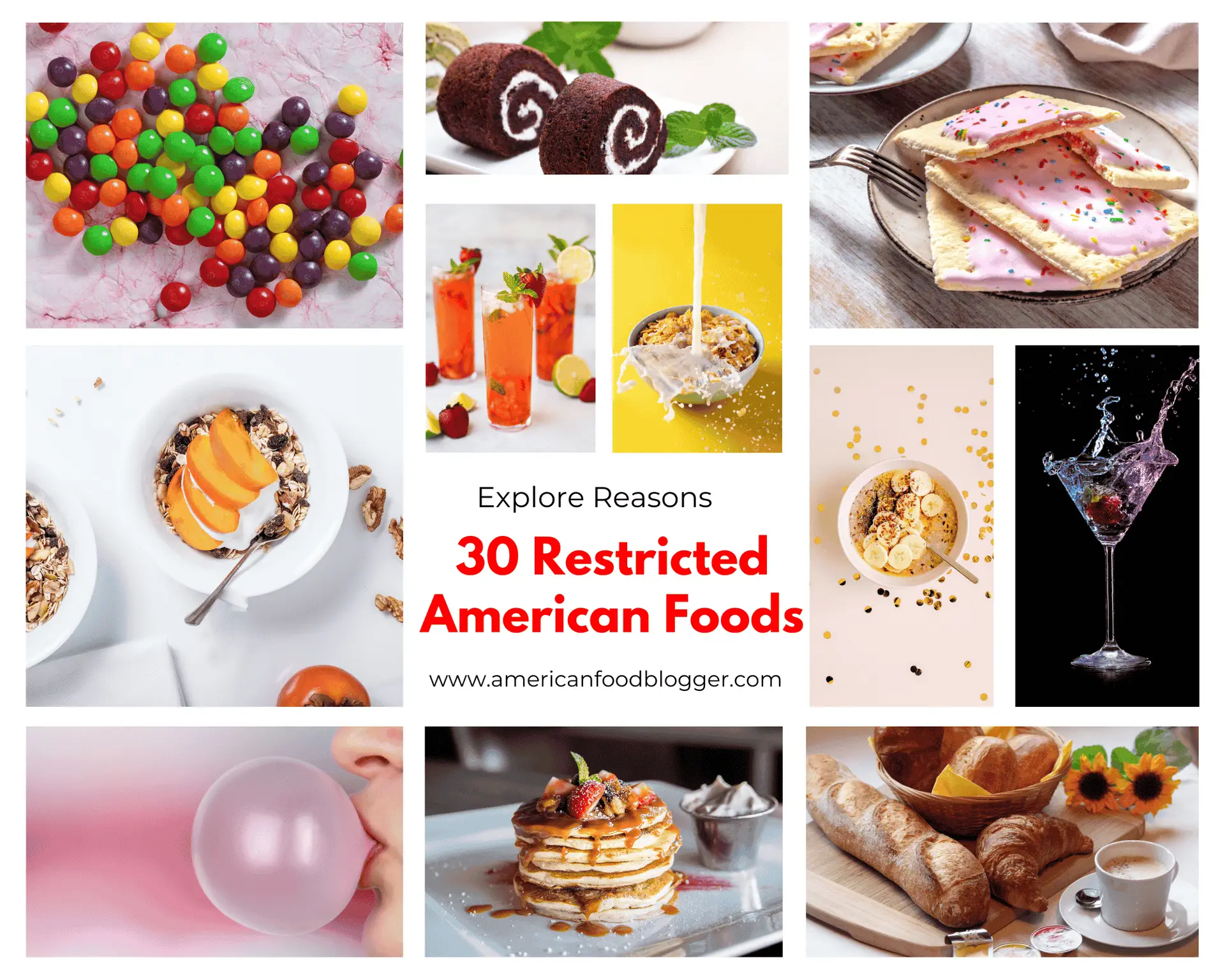

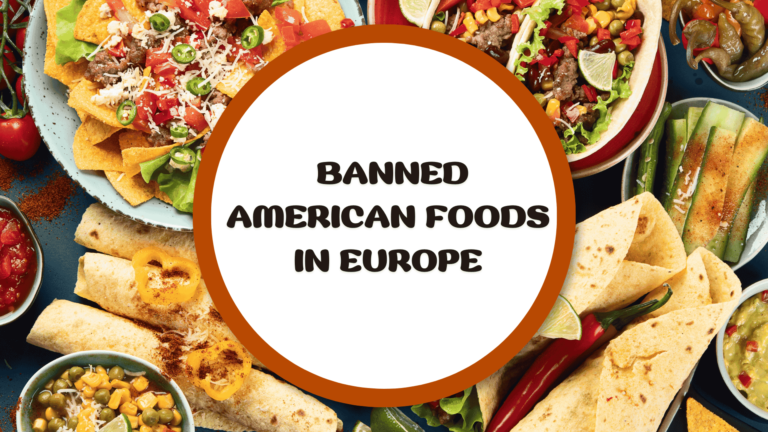
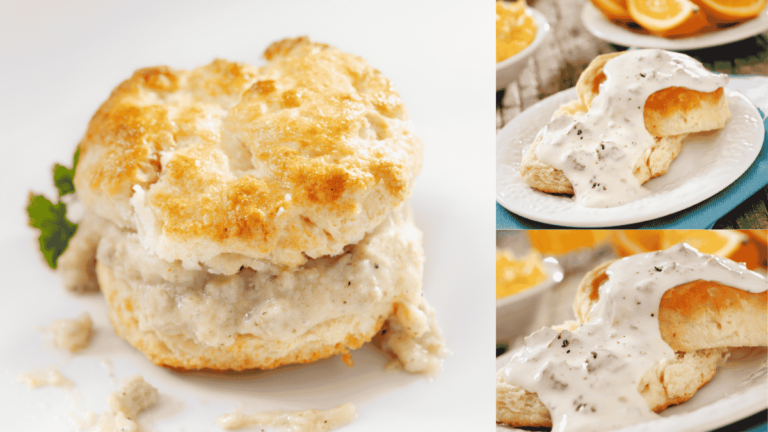
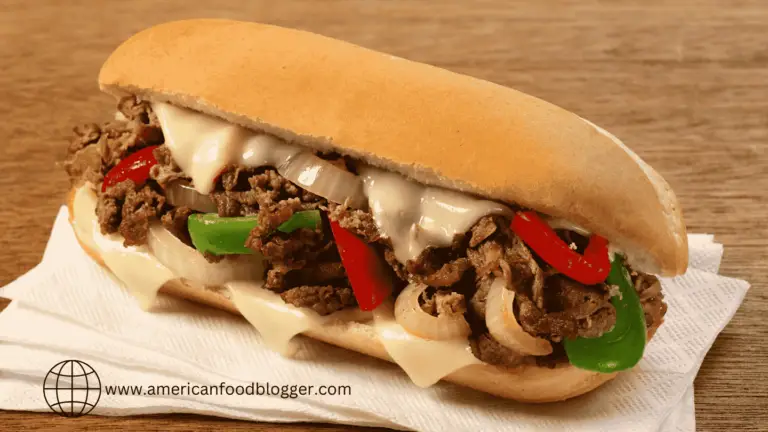
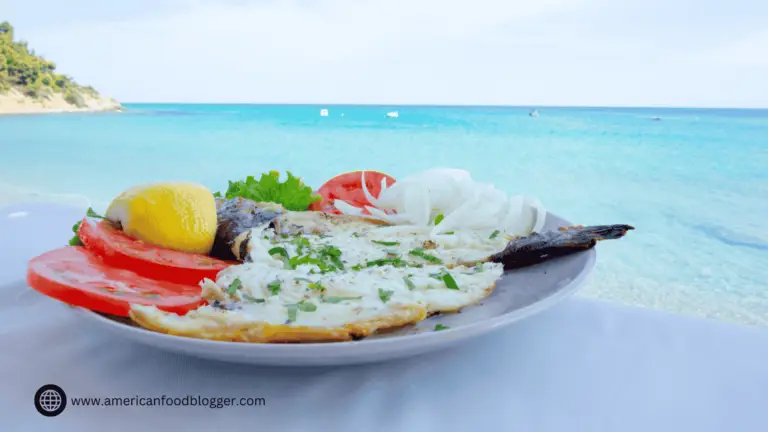
Leave a Comment